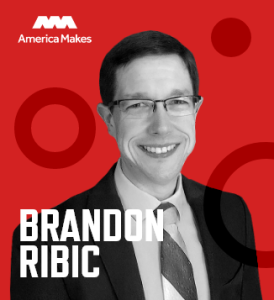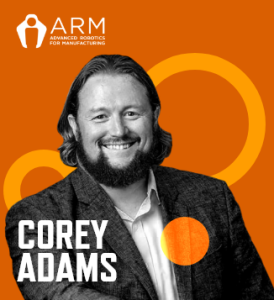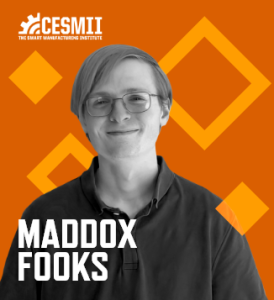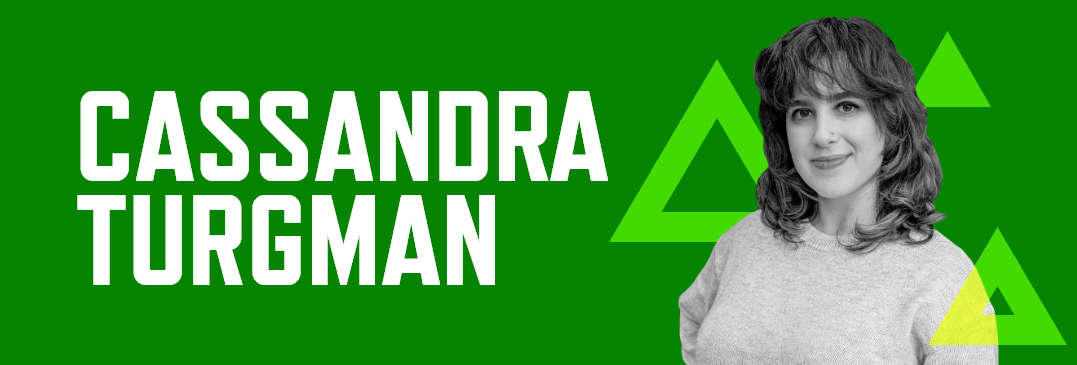
Company Founder, Process Improver, Birder
Cassandra Turgman is a force in the manufacturing world, working tirelessly to improve operations and empower American manufacturers. As co-founder and Vice President of Operations of Live Solutions, a CESMII member, she’s at the helm of a company that provides cutting-edge process solutions to manufacturers across the U.S. With a B.S. in Bioengineering from University of California Riverside and over 11 years of experience in the industry, Cassandra’s journey is a testament to the power of innovation, dedication, and leadership in manufacturing.
Her expertise spans a wide range of sectors—from pharmaceuticals and food to consumer electronics and climate technology. Throughout her career, Cassandra has been focused on driving operational excellence, quality improvement, and process optimization. As a Lean Six Sigma Black Belt and a CESMII Certified Smart Manufacturing Roadmap Professional, she has the technical know-how to transform manufacturing operations with a human-centered approach.
As the founder, Cassandra plays a central role in the company’s growth and strategy. She leads the entire project ecosystem, overseeing engineering teams, financials, and timelines. Her day-to-day work is all about collaboration—working directly with clients to identify inefficiencies, design tailored solutions, and see projects through from concept to execution. Her passion lies in making real, lasting improvements to manufacturing processes, and she thrives on the tangible results that come from solving complex challenges.
Cassandra is also on a mission to inspire the next generation, especially young women, to explore careers in manufacturing. Through her work, she shows that with the right mix of technical skill and strategic vision, the manufacturing industry is full of exciting possibilities, and that is why she is a Modern Maker.
Q&A with Cassandra
How did you find your way to working in advanced manufacturing?
I found my way into it by chance. I had no idea what I wanted to do and there wasn't any information around careers in manufacturing when I was in school. Most of the professionals I knew were in academia (professors) and were pushing us to get Ph.D.s, which I knew I did not want. I wanted to jump right into industry and get my hands dirty.
So, I got a job as a process engineer at a medical device company right after graduation. I was the youngest engineer on the team, and they threw me kind of into the deep end. I was doing process flow mapping within a couple of months. They threw a bunch of acronyms at me - FAT, IOPQ, GMP - what did it all mean?! It was a bit of a learning curve, but I kept asking questions, and I spent most of my time in the manufacturing area working side-by-side with the technicians, interviewing them on the process. I was working in an ISO Class 6 Cleanroom, and so I immediately started learning how to gown up and follow strict procedures.
They put me in charge of overseeing the design and validation of a custom semi-automated machine. I was so amazed at the technology at the time - I remember seeing the robot arm come in and dispense exactly 40 microliters of liquid into the device, pause, drain the liquid, and proceed to seal the device. It was really cool to be up close and personal with the design process, learning how to do Failure Mode and Effects Analysis (FMEAs) at such an early stage in my career, and understanding what design for manufacturing meant.
I think that the more exposure you have earlier in your career, the easier your learning curve will be. And to follow that, the more questions you ask, the more you will learn. I am lucky that I had a few solid mentors in the beginning of my career who helped guide me and lay the stepping stones for my path into the industry. Don't be afraid to jump right in. If you mess up, it's all good, it's part of the process!
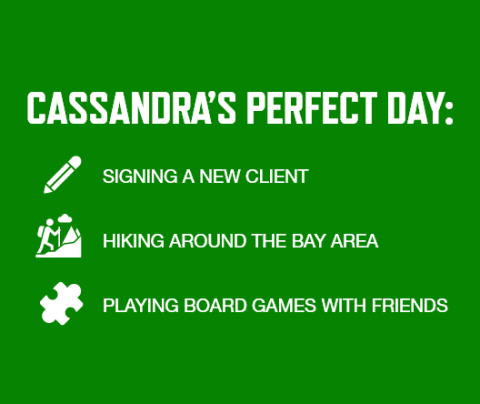
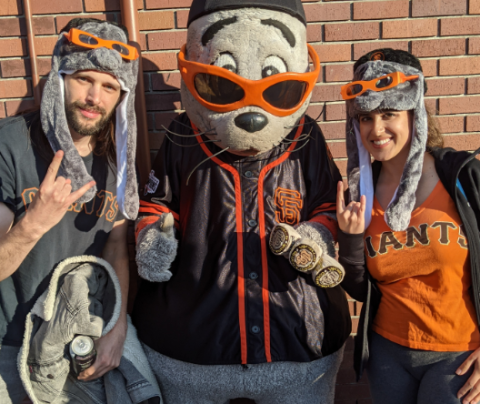
What is the most challenging part of your job?
Juggling multiple priorities and time management - projects, client discussions, on-site work, company strategy, etc. It can be difficult if you do not have an idea of what priorities come first and everything is coming at you at once. It's easy to get overwhelmed and jump from task to task, without using time wisely. But the key is to just take a step back and remember: the client comes first, everything else is secondary. If I was in the client's shoes, what would they expect from me right now? I need to make sure they are always kept apprised of project status and that any issues are immediately communicated and addressed. Communication is so critical to ensuring successful project execution.
What is the best part of your job?
Hearing a client say, ‘We never realized how much smoother/better/easier this operation could be’ is the adrenaline shot for our team. Manufacturers are so buried in daily firefighting that game-changing inefficiencies often hide in plain sight. When we spotlight a single tweak that saves six figures, or transform chaotic workflows into clean, data-driven processes? That’s not just one win – it reshapes how entire teams operate.
The impact continues to shine months later. Walking through a facility where supervisors now make real-time decisions using dashboards that we built together makes us really feel the lasting change. We’re not just fixing machines or providing band-aid solutions just to get through another production run – we’re upgrading how people experience their workday. When we can provide manufacturing teams with more bandwidth to prioritize value-added tasks by eliminating inefficiencies within the operation, we know we’ve succeeded.
What would people be surprised to learn about manufacturing or your role in manufacturing?
That a career in manufacturing is not boring or outdated. People assume manufacturing means greasy gears and mind-numbing repetition, but today’s factories are innovation playgrounds. Modern manufacturing runs on bleeding-edge tech—think AI optimizing production lines in real time, digital twins simulating entire plants, and robots collaborating with humans like coworkers. Yet despite this tech boom, we’re facing a critical talent gap, with projections showing 2.1 million unfilled U.S. manufacturing jobs by 2030.
A career in manufacturing in 2025 is exciting and it can be anything you want it to be. You can start anywhere. You don’t always need an engineering degree. In fact, some of the most hard-working and impactful engineers I’ve met don’t even have a four-year degree. There are apprenticeships, micro-certifications, and on-the-job training programs, highlighting the many different career paths you can take within manufacturing.
In addition, it’s important to note that manufacturing isn’t going anywhere because there’s always a need for it. The job market in manufacturing is well-insulated and stable. Unlike the tech sector, manufacturing weathered COVID with increased demand – we added 161,000+ jobs post-pandemic. Recruiters are always looking for experienced advanced manufacturing professionals. This is why I’ve never really had trouble finding a job.
What advice do you have for someone new to the industry or considering manufacturing as a career?
Spend time where the real work happens—factory floors, plant operations, clean rooms—every single day. This ground-level engagement is critical, yet too many engineers underprioritize it. For new graduates: Your greatest education happens through hands-on observation and participation. Watch processes unfold, document everything, and don’t accept “this is how we’ve always done it” without data-driven justification. Manufacturing evolves when we relentlessly question workflows, operational assumptions, and legacy methods. That’s how breakthroughs happen.
What makes you excited to go to work on Mondays?
Knowing that I am building something special with Live Solutions. Knowing that our mission of providing solutions that tangibly help improve and modernize American manufacturing companies is well aligned with the needs of the country.
What are the three most important skills for your job?
- Communication
- Attention to detail
- Thinking outside the box
If you didn’t have to work, how would you spend your day?
Playing with my cat, hanging with friends, baking, gardening, writing, listening to music, going to a concert, hiking, watching sports games (Go 49ers! Go Giants!).
What activity gives you the most energy?
Traveling! I love traveling to new countries and new places within the U.S. My favorite hobby is to go birding and find new bird species everywhere I go. I love learning about bird species and their calls. My backyard is a bird's paradise.
What hobbies make you better at your career?
Baking since it requires a lot of trial and error and failure. Writing because I am constantly not sure if what I wrote is good enough, and it helps me be able to just let go and do my best. Nothing is ever going to be perfect and that is OKAY!
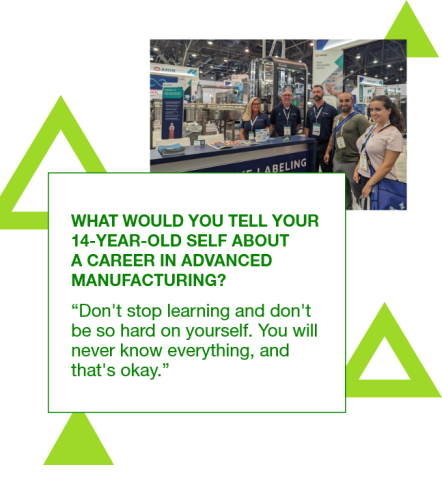
How does the work you do impact the world?
We’re laying the foundation for American manufacturing’s future—where sustainability and human skill grow hand-in-hand.
Our approach is to:
- Create production systems that reduce waste without sacrificing output (like AI tools that help achieve near-perfect quality)
- Develop partnerships between workers and technology, using collaborative robots and predictive tools that support—not replace—human expertise
- Prepare teams for tomorrow’s factories through hands-on training in smart systems, connected devices, and AI teamwork
We’re showing how businesses can thrive locally by blending advanced technology with hands-on know-how. This isn’t about reinventing the wheel—it’s about practical progress. Helping American manufacturing grow stronger by empowering workers with tools that make their jobs safer, smarter, and more rewarding. The future isn’t about replacing people; it’s about equipping teams to lead the charge.


